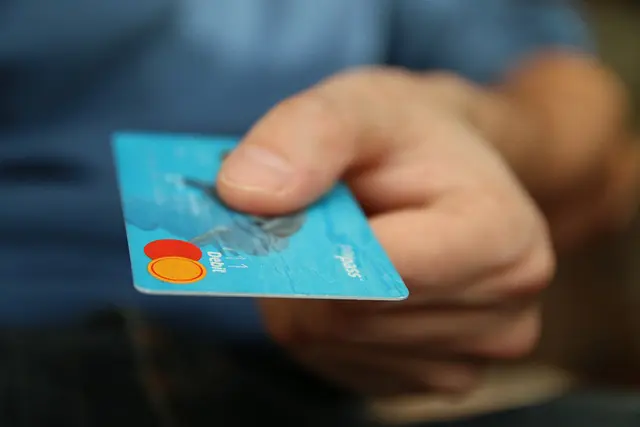Financial tools like credit cards are creating a buzz, and why wouldn’t they? Today, credit cards are a popular and convenient way to purchase without carrying cash. In addition to its convenience, customers can save money on their purchases by taking advantage of various benefits such as 5X rewards on your top spends, no joining fees and rewards redemption fees. Not only this! You can now get exclusive metal credit cards with a seamless boarding process.
Furthermore, credit cards help customers build their credit history, which can be helpful in the future when applying for loans and other financial products. Customers can pay off their balance in full each month or make minimum payments and pay off the remaining balance over time.
So if you are an avid credit card user, it’s essential to understand how they work to avoid accumulating debt and affecting your credit score. One of the crucial factors to consider is the minimum credit card due.
In this post, we will discuss what a minimum due is, its implications, and tips for paying more than the minimum.
What is a Minimum Amount Due and how is it calculated?
The minimum credit card due is the amount you must pay each month to keep your credit card account in good standing. It’s a percentage of your outstanding balance. Generally, it is 5% of the total outstanding but can vary based on the credit card issuer’s terms and conditions. Let’s get a clearer picture with an example and understand how the minimum amount due is calculated.
Suppose your outstanding balance is Rs 40,000; then the minimum amount due becomes Rs 2,000. You must pay this amount by the due date to avoid a drop in your credit score and late credit card payment charges.
Reasons why paying the minimum amount due is not a good idea
Making only the minimum due payment can have significant implications in the long run. While it may seem like a convenient way to manage your credit card debt, it can lead to high-interest charges, long-term debt, and a negative impact on your credit score. Let’s discuss these in detail below:
1. High-Interest Rates
The interest rate charged on your credit card balance can be high, if you continue to pay just the minimum amount, you hardly reduce your outstanding balance. By paying only the minimum amount due, you are extending the payment term, which means paying high interest on the outstanding balance for a more extended period.
2. Long-Term Debt
The more you pay only the minimum amount due, the longer it takes to pay off the debt. It can lead to long-term debt, which can be challenging to manage in the future. If you repeatedly pay the minimal amount due without monitoring your spending to income ratio, you may eventually be in debt.
3. Negative Impact on Credit Score
Making only the minimum payment can also affect your credit score. Credit bureaus consider your payment history, and paying only the minimum amount due can indicate that you’re struggling with debt, which can negatively impact your credit score.
Tips for Paying More than the Minimum Amount Due
It’s essential to pay more than the minimum credit card due to avoid the implications mentioned earlier. Here are some tips for paying more than the minimum amount due in a credit card:
- Budgeting Strategies: Create a budget to allocate your expenses and prioritise your credit card payments. Determine how much you can afford to pay each month and stick to it.
- Prioritising Payments: Pay off your high-interest credit cards first, followed by the ones with lower interest rates. This strategy can help you save money in the long run.
- Making Additional Payments: Make additional payments towards your credit card balance whenever possible. It can help you pay off the debt faster and save on interest charges.
- Avoiding Unnecessary Expenses: Cut down on unnecessary expenses to free up money to pay your credit card debt. It may require some sacrifices, but it’s worth it in the long run.
Conclusion
Understanding the minimum credit card due is essential for managing your debt effectively. In India, the minimum payment is typically 5% of your outstanding balance, but it can vary based on the credit card issuer’s terms and conditions. Making only the minimum due payment can lead to high-interest charges, long-term debt, and a negative impact on your credit score.
Therefore, it’s essential to pay more than the minimum amount due whenever possible and prioritise your credit card payments. By following the tips mentioned in this article and being responsible with your credit card usage, you can manage your debt effectively and avoid financial stress.
Also read:

3 Comments